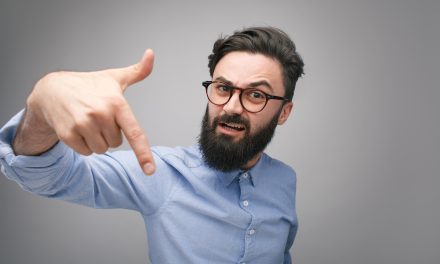When all of our data is processed digitally, is it possible to maintain some anonymity?
In an era in which it is common to share on the internet virtually everything we think and do, it may no longer make sense to speak in the private sphere. At least for most users of social networks. When our income, property, purchases, relationships, travel and even medical records are recorded and treated digitally in public and private archives, is it still possible to maintain some anonymity?
Electronic toll roads and anti-theft chips record travel, credit and loyalty cards register purchases, email servers, search engines and social networks monitor communications, pages visited, preferences and contacts. And smartphones, in addition to signaling voice calls and text messages, give our exact location in real time.
So to ensure total privacy we would have to at least avoid toll roads, make purchases only in cash, turn off the internet and use an obsolete mobile phone and a prepaid card. But even so, we would not escape state monitoring of income, purchases, property, and even medical data and medications prescribed by the National Health Service.
So the simple and immediate answer to the entry question seems to be just one: no. Unless we have near-pirate-level knowledge or are willing to relinquish several 21st century amenities, it is no longer possible to remain anonymous. Navigating a little further, is it then correct to say that privacy has died, definitely? There the answer is different: not necessarily. In fact there actually is privacy in this not always admirable new digital world. But in the global village where we now live, the concept is no longer what it was. But it’s more about people than about technology.
There is no denying that the concept of privacy is changing
The development of new technologies has brought a lot of benefits, but in order to subscribe to these services we have to give up certain data like the name, the phone or our geographic location. It’s the price we pay for using innovative cyber applications.
Besides this data, there is a whole other set of information that, voluntarily or involuntarily, we give in. For example, if we send a few emails with the word “Amsterdam” or search for this city on a search engine, it is almost certain that we will see in our subsequent navigation more and more ads related to the Dutch city. This is because, by creating email accounts or a social network, we authorize service providers to collect any information they deem relevant, including private communications. This data is then processed by algorithms that route specific ads to the recipients that have potential to be seduced by them.
The real business of search engines
the online storage of files, email servers and social networks. Services are free, but companies are not benevolent. They make millions with the information that people put in their networks, In the digital world there are also no free lunches and our information is the counterpart. However, the final bill does not seem to scare the users. When they join, people give consent. They consider that not being in a social network has higher negative consequences than giving up some of their privacy. This transfer is more a sociological phenomenon than a matter of law.
Almost all specialists and analysts agree
that information is the most valuable commodity of the 21st century. More important, however, than its economic potential, this ability to collect and process data gives States an almost unlimited ascendancy over citizens. It is therefore necessary to question what might happen if it falls into the wrong hands. Imagine that the computerized medical databases would have fallen prey to the theories of the purity of Nazi race and eugenics.
But ultimately, the last word is always the users. We, the users. And it is we who choose to make our data available or not. What counts is the use we make of the tool, Therefore, there must be greater awareness of what can come from misuse. Technology, in and of itself, is neutral. Therefore, and answering once again the question of the beginning of this text, about the possibility of maintaining some anonymity: yes, it is possible. But if we want to ensure total anonymity, then we’d better delete our Facebook profile.
Without thinking twice.














Leave a Reply